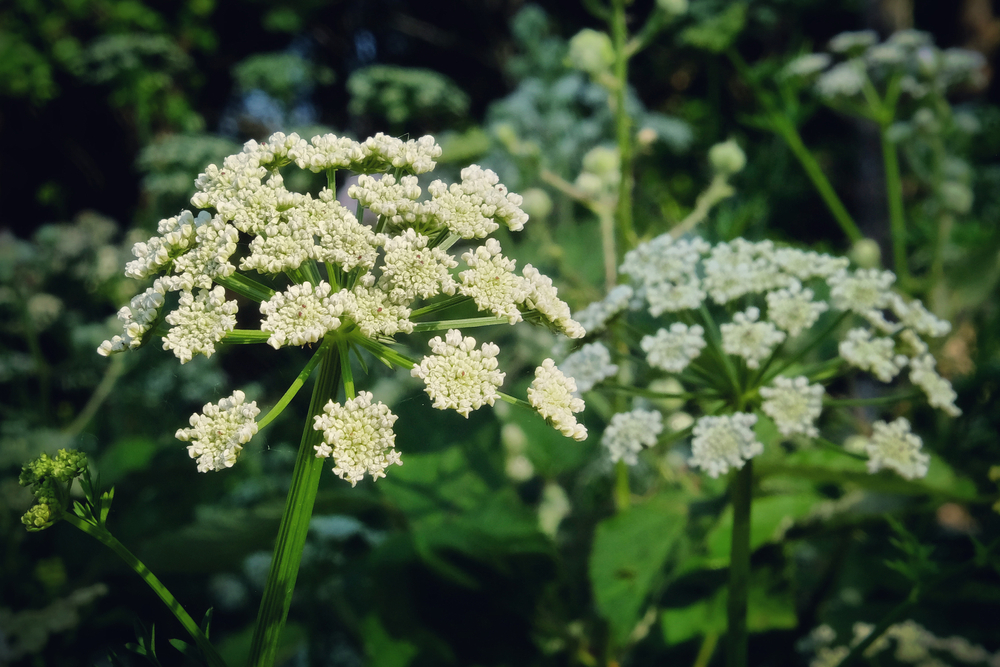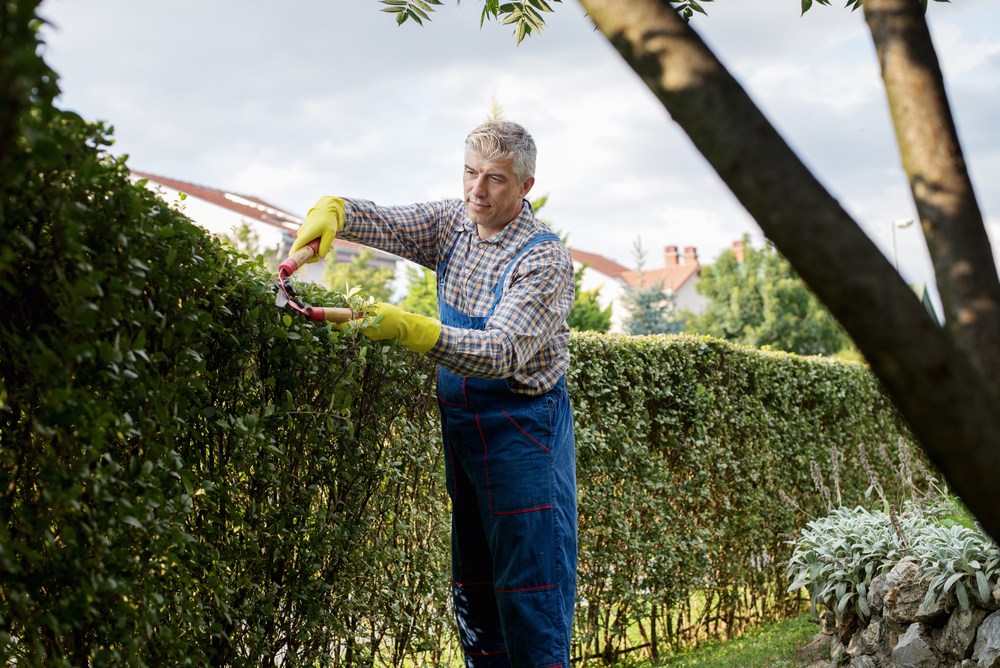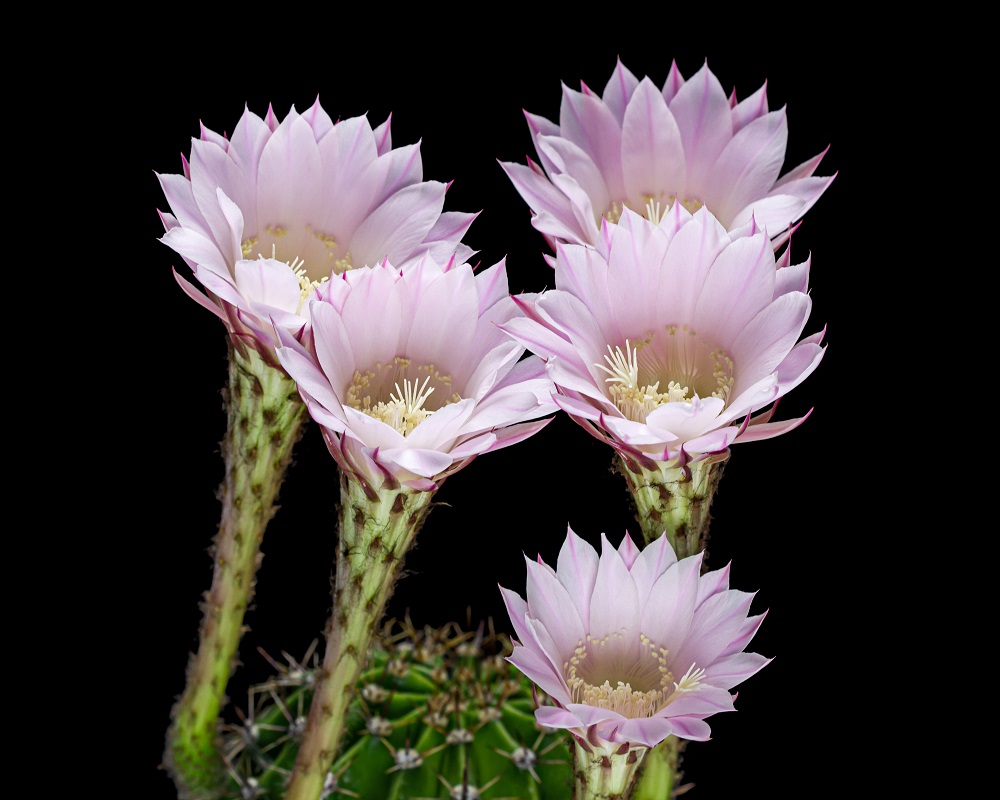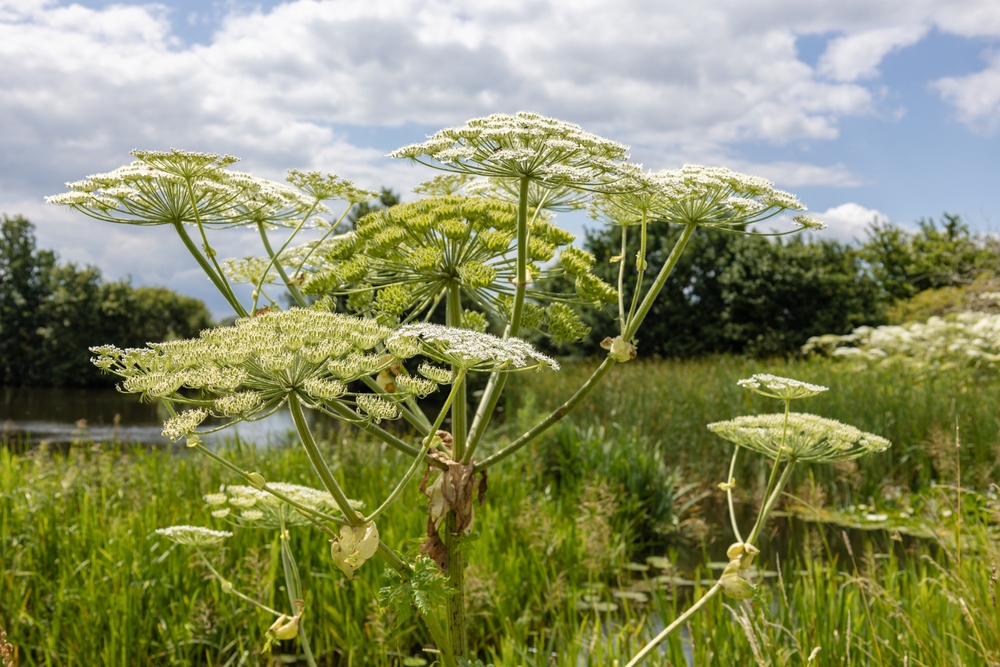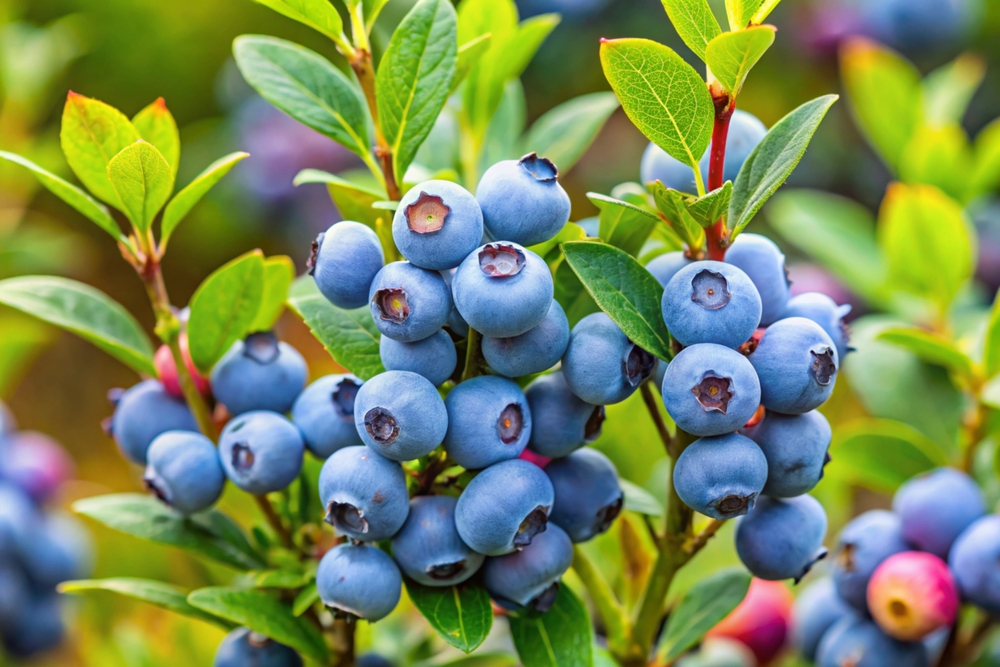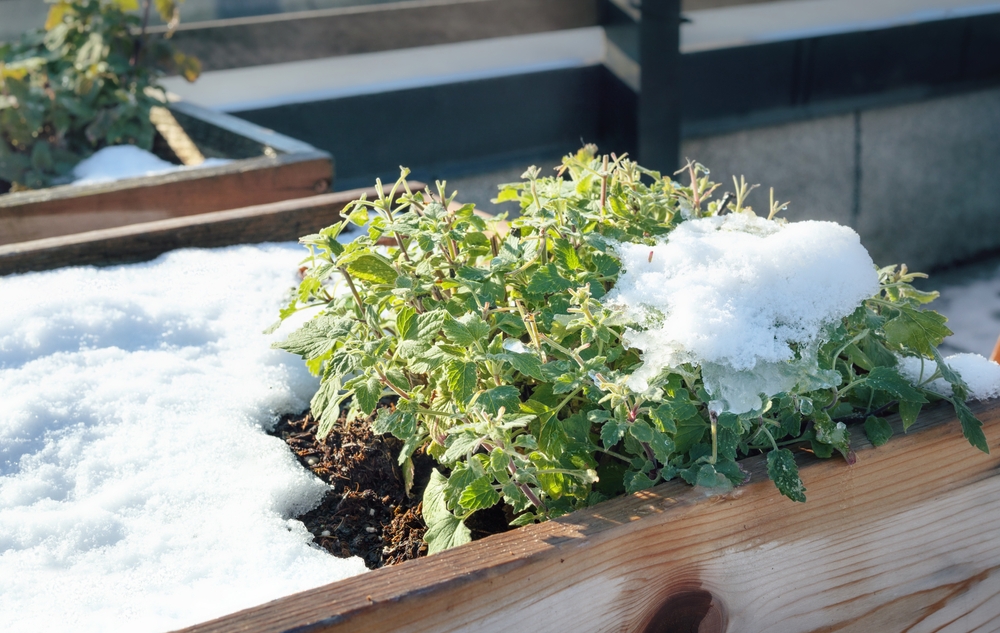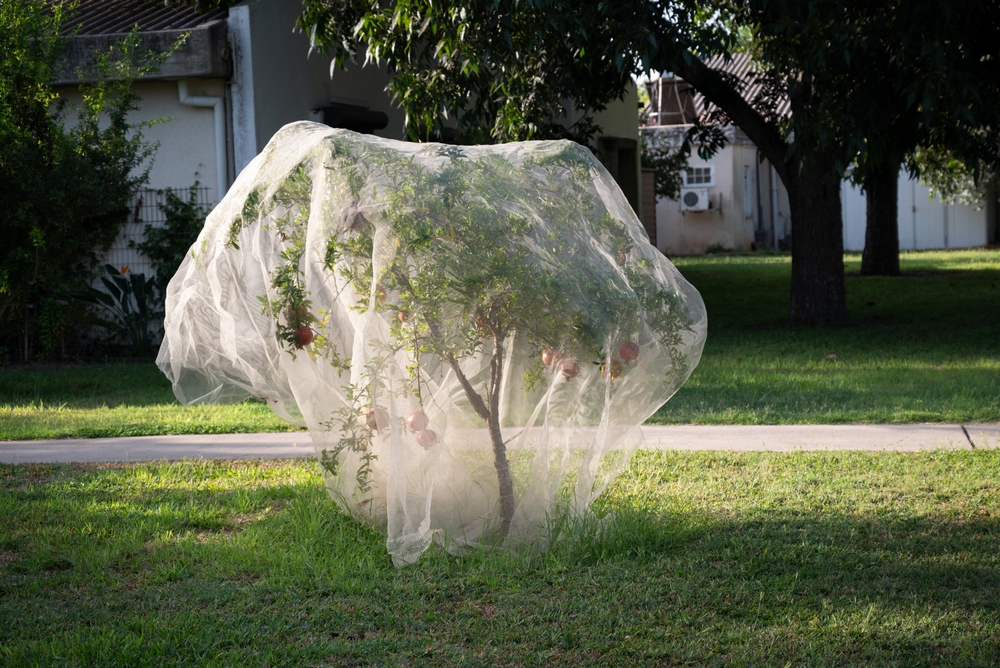Have you heard about these natural antibiotics?
When it comes to natural antibiotics, it may seem a bit counterintuitive since we are all used to the pills that the doctor prescribes to us.
However, the natural world has its own version of them, in the form of plant extracts, some foods, and essential oils that have been observed to have antibiotic properties.
When it comes to foods and vegetable extracts, they are known to prevent the growth of bacteria in food, which in turn can end up helping you mitigate bacterial growth as well.
And while the most popular one is honey, you can easily find certain herbs and foods beneficial too!
It should not surprise us that antibiotics can be found in the natural world, since a lot of the ones we have today have been derived from natural sources, and some have been improved on by using chemistry and other synthetic means.
Yet, you can still use these natural antibiotics in your day-to-day life to keep diseases and other ailments at bay so that you can make the most of the natural remedies around you.
That way you can prevent those days when sickness hits you harder and strengthen your immune system!
Keep on reading to discover the most useful natural antibiotics you can use right in the comfort of your own home!
What are your favorite medicinal herbs or natural antibiotics? Share with your fellow plant lovers in the comments!
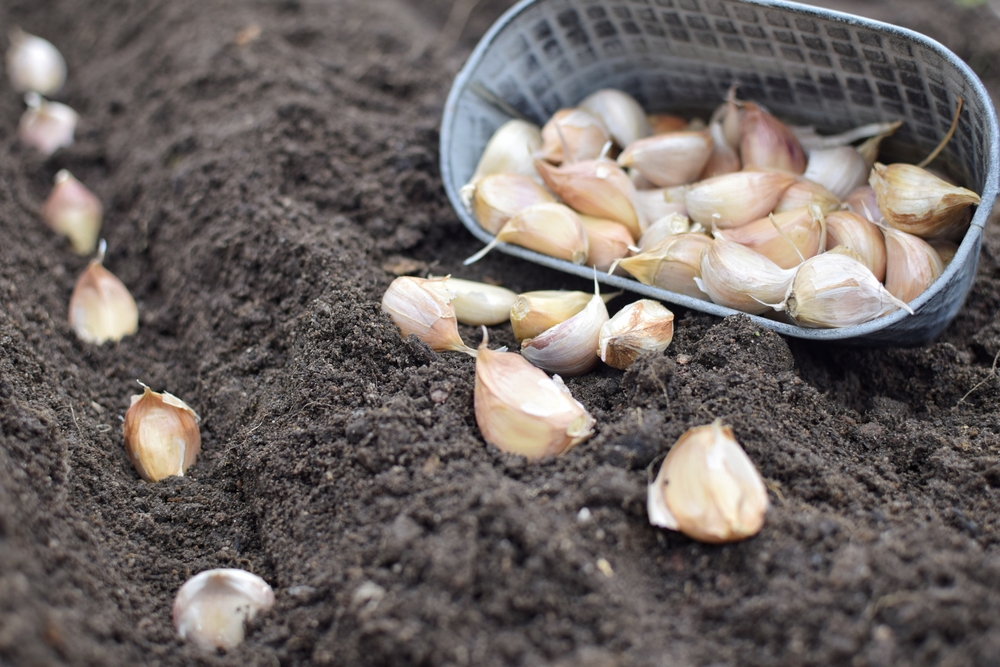
Garlic
If there’s one plant that we know about having antimicrobial properties, then it must be garlic. And chance may have it that we can easily grow garlic in our backyard or in a pot if we do not have a garden.
Garlic has been used in traditional medicine for centuries, and in contemporary times it has been used too, with more and more studies done on the plant and its properties being thoroughly analyzed.
A 2011 study revealed that garlic concentrate can be used to fight against bacteria. And while you can buy it from local health food stores, you can also grow your own garlic and make your own concentrate at home.
Once you have successfully grown the plant, you can soak a couple of cloves in olive oil, and you are set with this concentrate.
Garlic is also beneficial for human health when used in cooking, and during the cold season, you can also eat cloves raw for a boost in immunity.
While safe to consume, you need to be careful how much garlic you consume, since a large quantity can cause internal bleeding.
The recommended dose is about two cloves daily, but if you do not eat it daily, you should not worry when you eat or use a bit more in your cooking.
If you are going to be using it as a supplement or medicine, make sure you are careful about dosage and that you discuss anything with your physician before adding supplements to your diet.
Large doses of garlic can end up changing the course of certain medications, so you need to air on the side of caution. This is especially important when talking about blood-thinning medication, so discuss it with a doctor before relying on garlic as a natural antibiotic.
Likewise, you can also use garlic concentrate on a blemish or wound to speed up the healing.
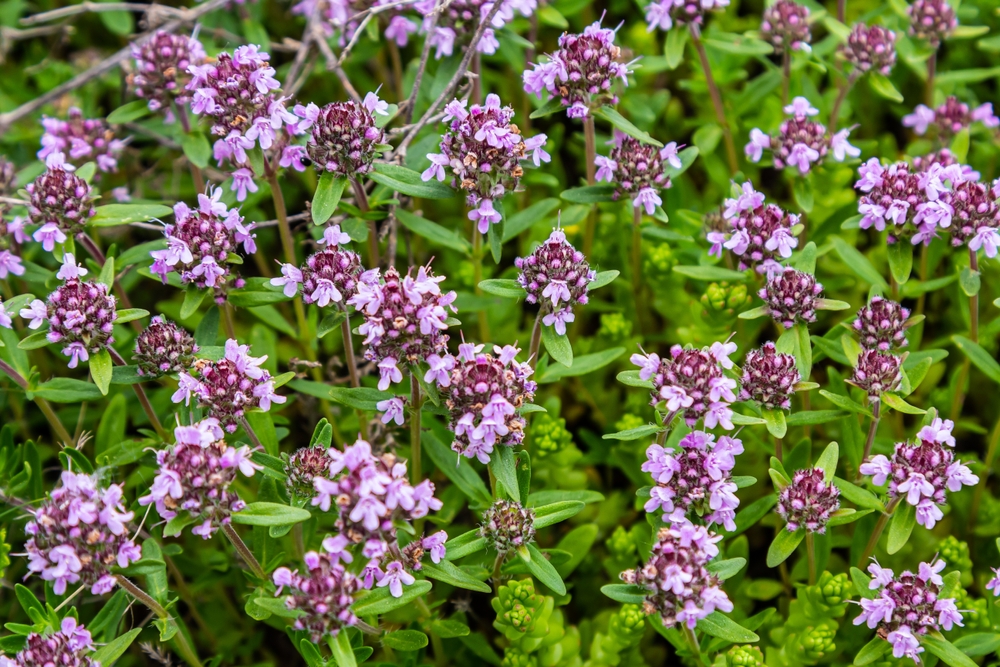
Thyme
Thyme is one plant that most households that subscribe to the all-natural way of living have. The best thing about it is that you can easily grow it in your backyard and even in pots and use it as you need it.
Not only is it good to use in food too, but you can harvest the flowers and plants and make thyme essential oil. If you have been looking into natural alternatives to pesticides, then you already know that thyme is a great option, but it has also been proven scientifically.
A study done on thyme and lavender essential oils has shown that thyme is effective against bacteria more often than lavender, and they were both tested against about 120 strains of bacteria.
If you plan to grow this plant in order to make the essential oil and use it as a natural antibiotic, know that you should NEVER eat it. It is meant only for external use.
Before using it, you should be diluting it in equal parts with a high-quality carrier oil, like olive or coconut oil.
Only after dilution should you apply it to your skin since otherwise, it can cause irritation and inflammation in areas.
Make sure that you do not use thyme oil if you have hyperthyroidism or high blood pressure.
Oregano
Oregano is one of the most popular herbs out there when it comes to cooking, so it is a relief for a lot of gardeners when they realize it is also a natural antibiotic.
Besides making our food taste heavenly and being fairly easy to grow, oregano has a lot of therapeutic and antibacterial properties.
These are caused by carvacrol, which is an ingredient in the essential oil made from oregano.
When inhaled, it is said to activate the body’s natural healing properties, and, through research, carvacrol has also been found to aid in reducing inflammation and healing gastric ulcers.
Oregano oil is also useful when it comes to fungal skin infections; however, you have to mix one drop of the oregano oil with a teaspoon of carrier oil (olive or coconut oil) before applying it to the affected areas.
Keep in mind you should never ingest oregano oil and that you should always dilute it before using it on the skin. The best way to get the benefits of it is to add it to a diffuser.
If you’re looking to try out oregano before you start growing it, we recommend that you get some oregano oil supplements after speaking to your doctor. This brand from Amazon has been vouched for by many!
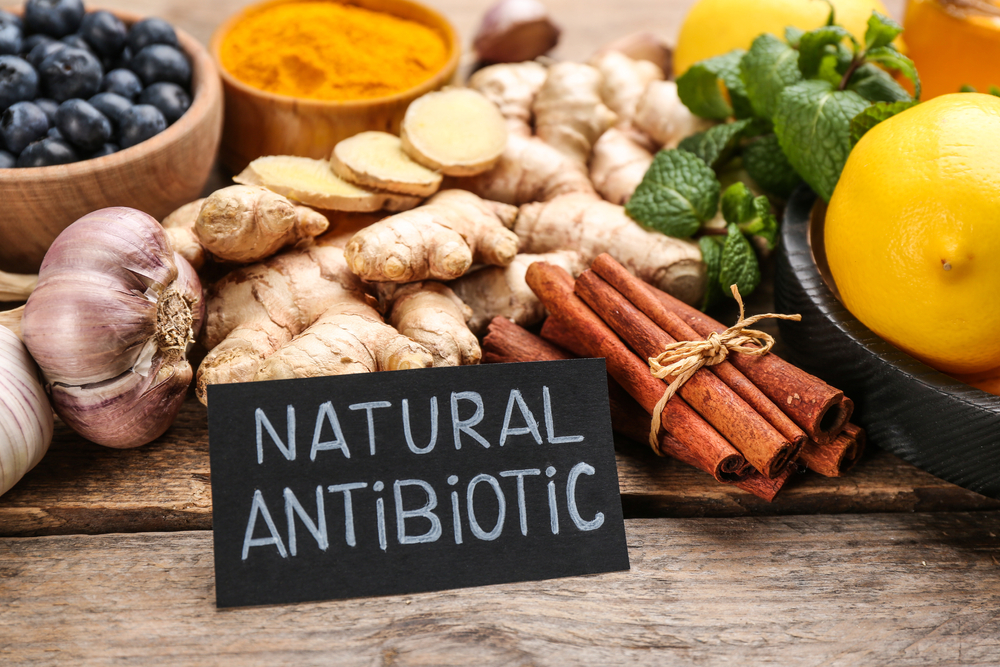
Be aware of the risks!
While it can be exciting to know we can grow our own natural antibiotics, we need to be aware of the potential risks.
After all, just because it’s natural doesn’t mean it is safe!
We have already mentioned how some of these natural antibiotics should not be eaten and how you need to dilute the essential oils.
Likewise, know that you need to be careful of dosages. With many active ingredients, if you end up eating too much of them or having a too concentrated amount of some, you risk overdosing on it.
It can happen even with natural remedies and the likes of store-bought supplements, and some of the side effects are serious.
If you plan to use any of the mentioned natural antibiotics and you are already taking medication for existing conditions, make sure you speak with your primary care doctor or specialist so as to not interfere with your treatment plan.
What’s more, if you are growing your own plants, make sure you are careful if there are any pesticides involved so as not to accidentally harm yourself. Moreso, if you are following any online recipes for remedies, be careful of the ingredients mentioned.
Natural ingredients when combined can cause you harm, and the likes of colloidal silver are not safe to be used at home.
While it can be hard for natural plants to compete completely with antibiotics, they do have some healing properties, and they have been used in natural medicine for centuries. One of the most common uses is medicinal plants have more research done on them. If you want to read about the best medicinal plants to grow, check out this article!

